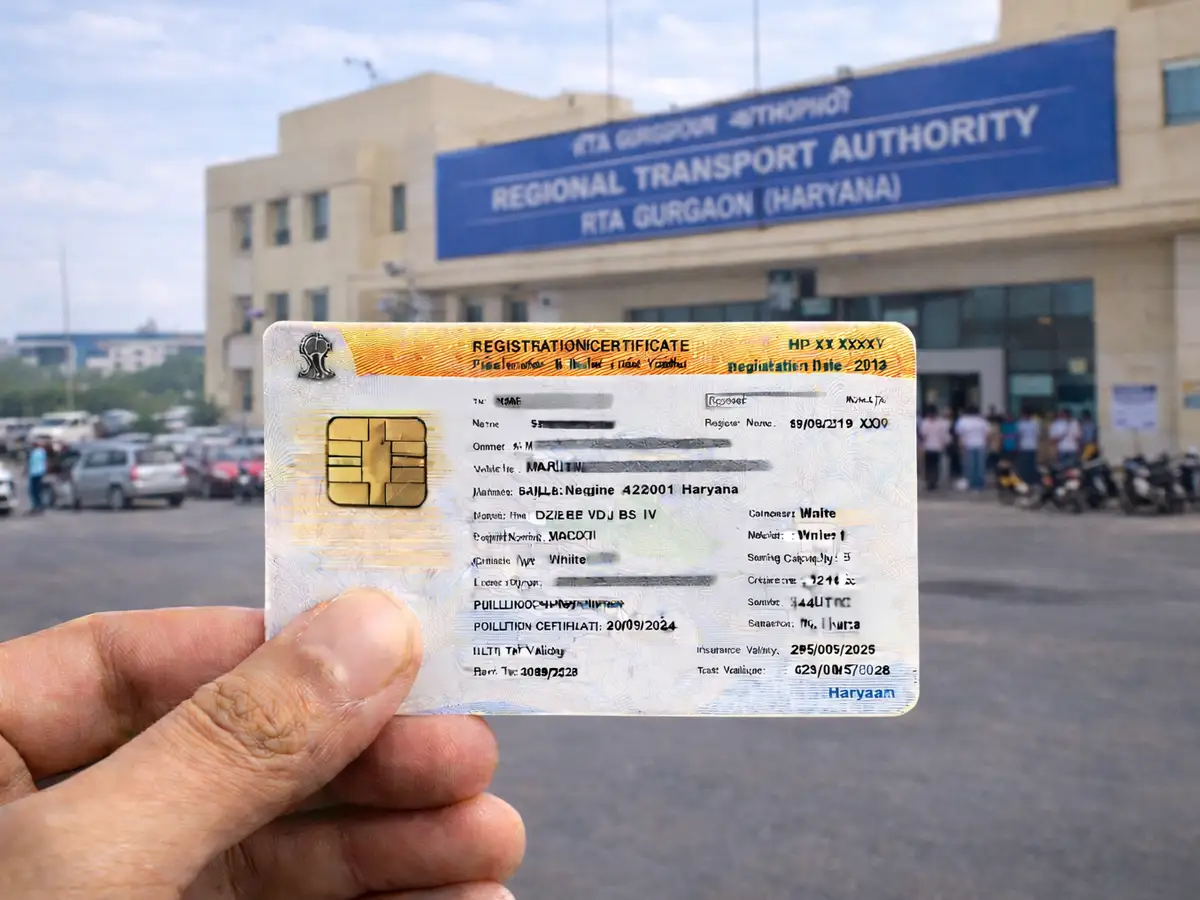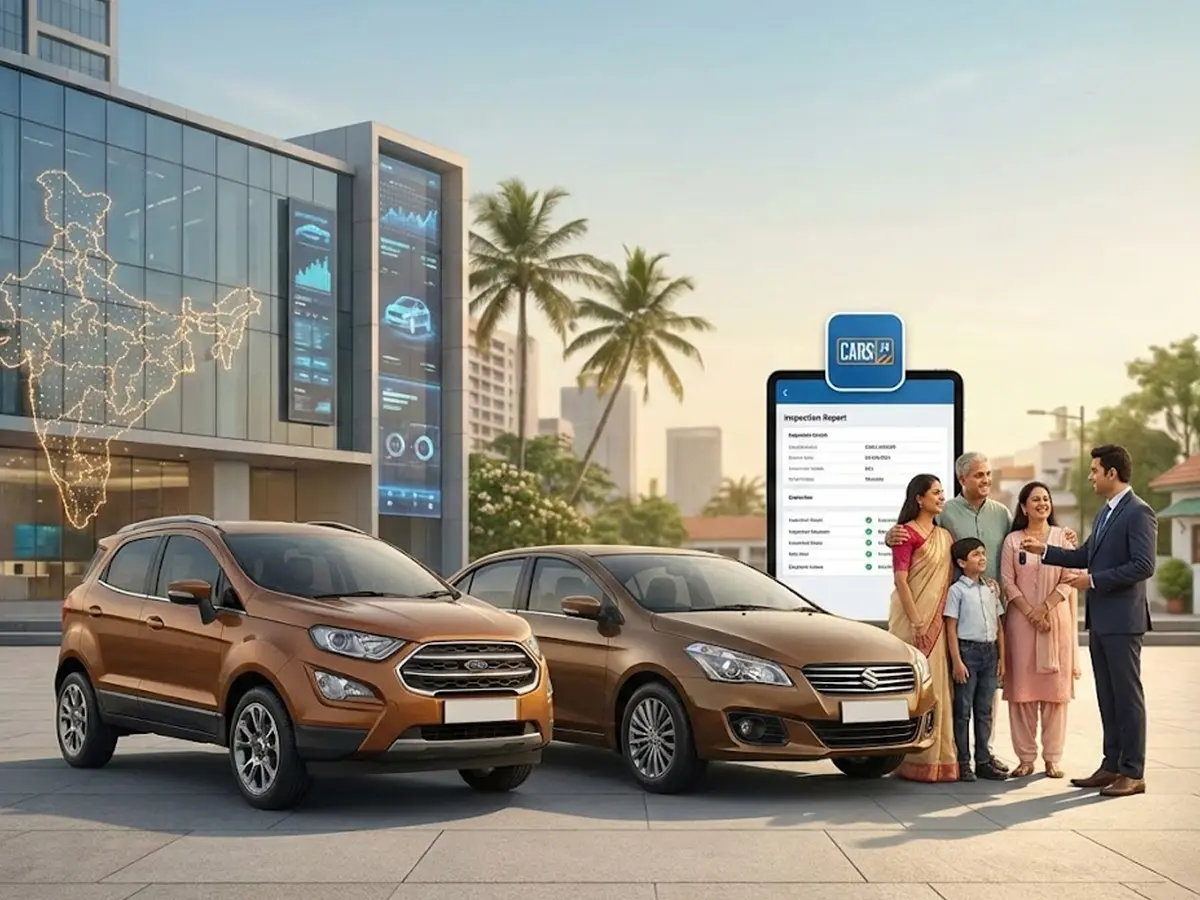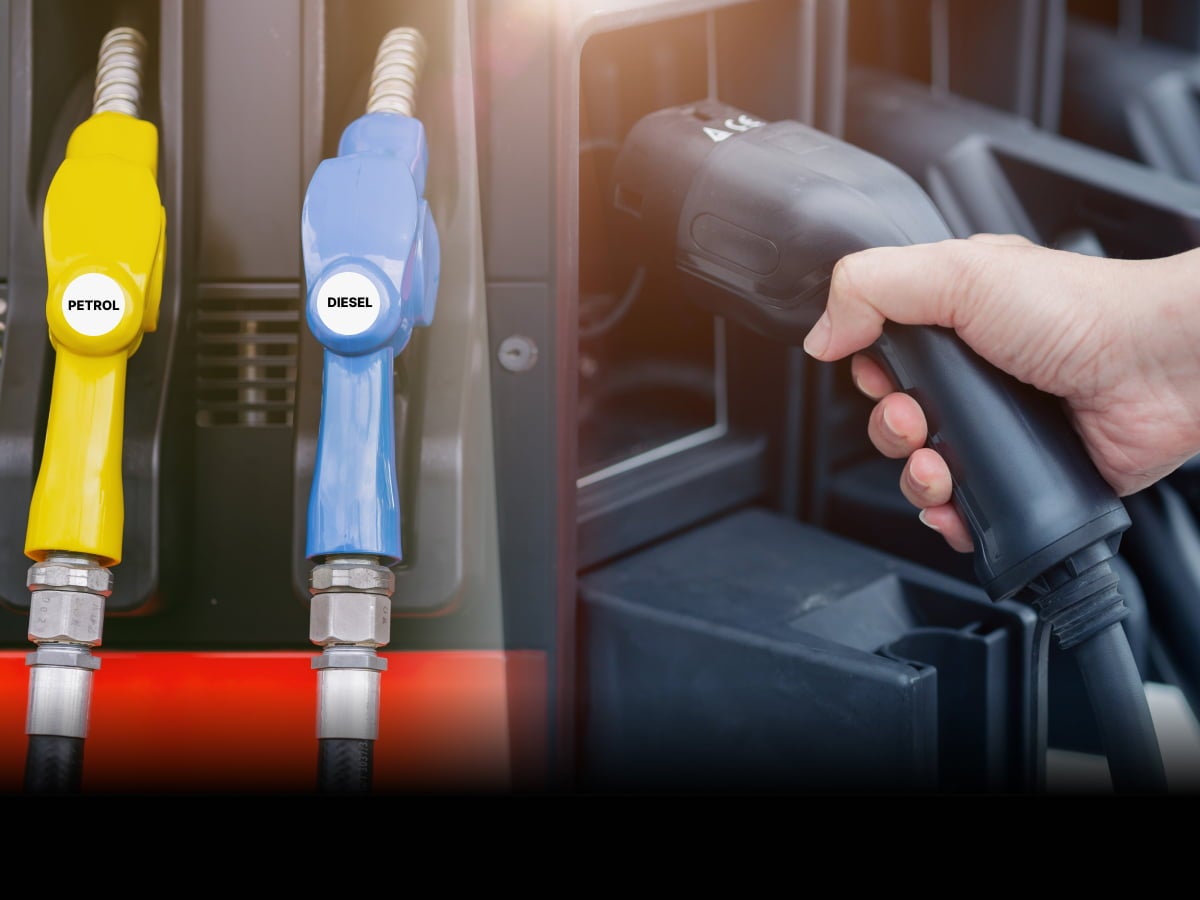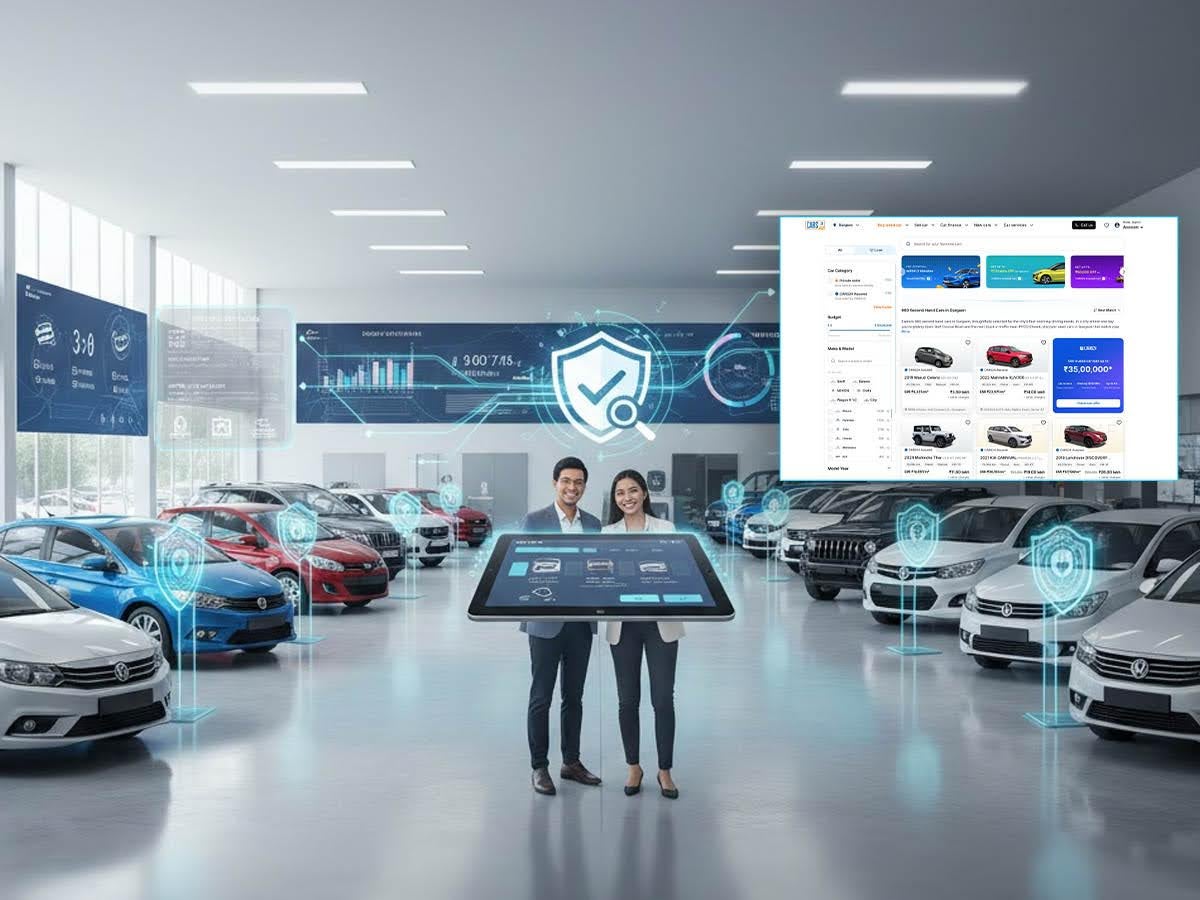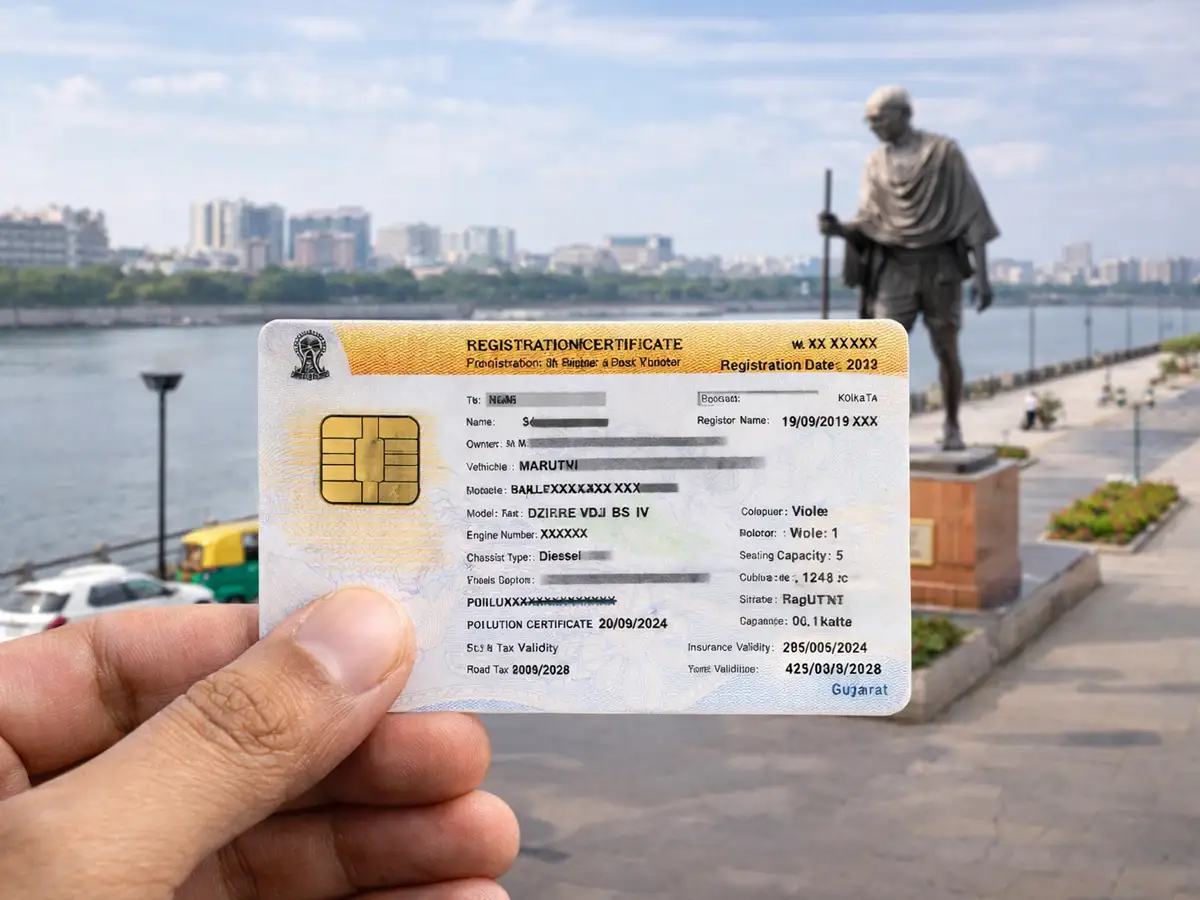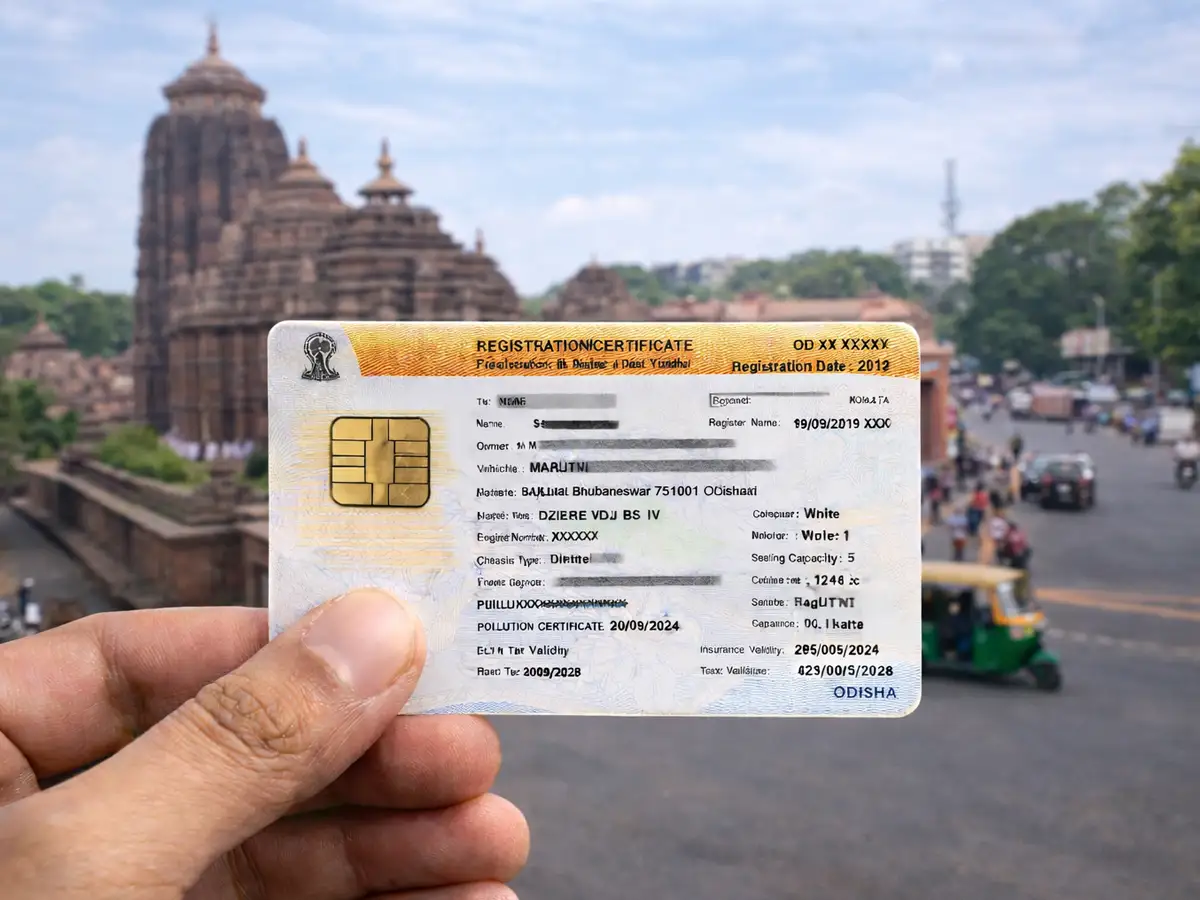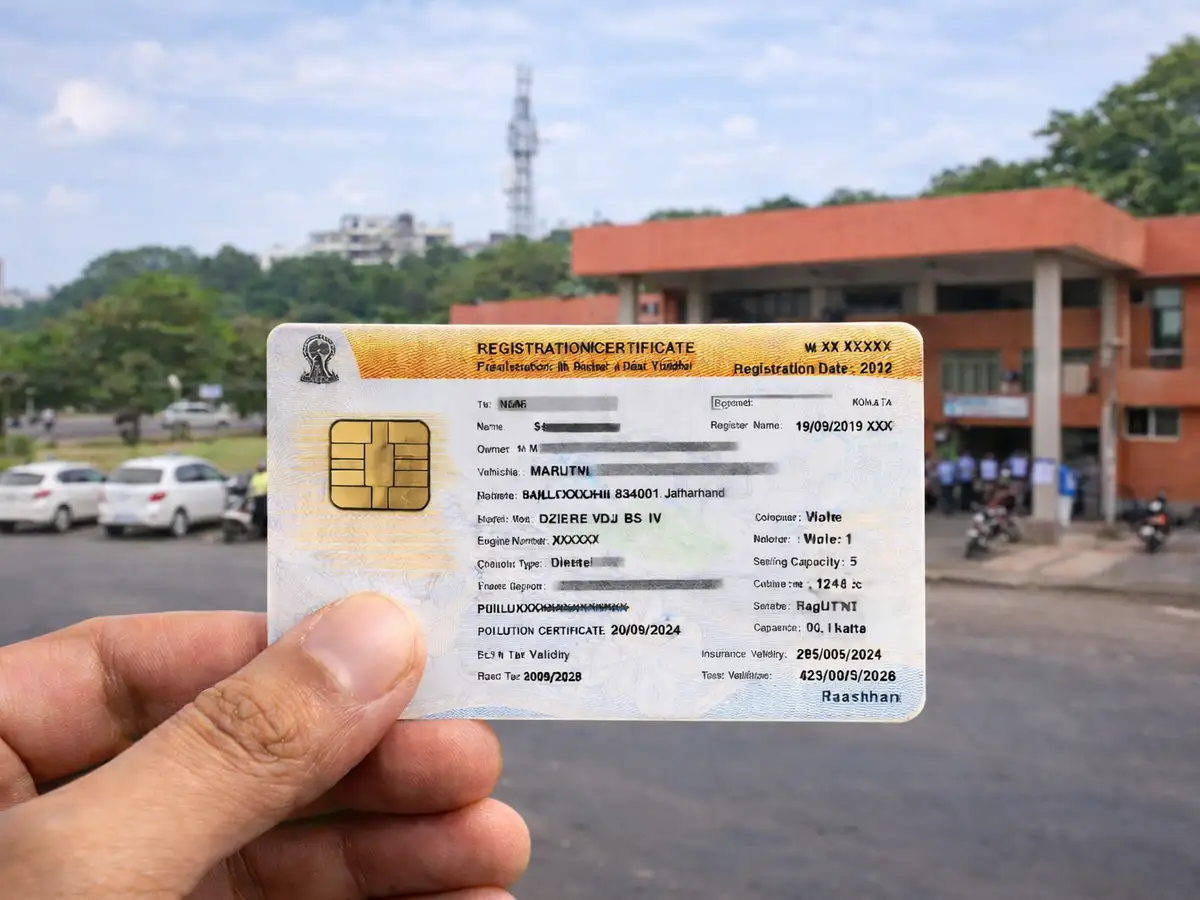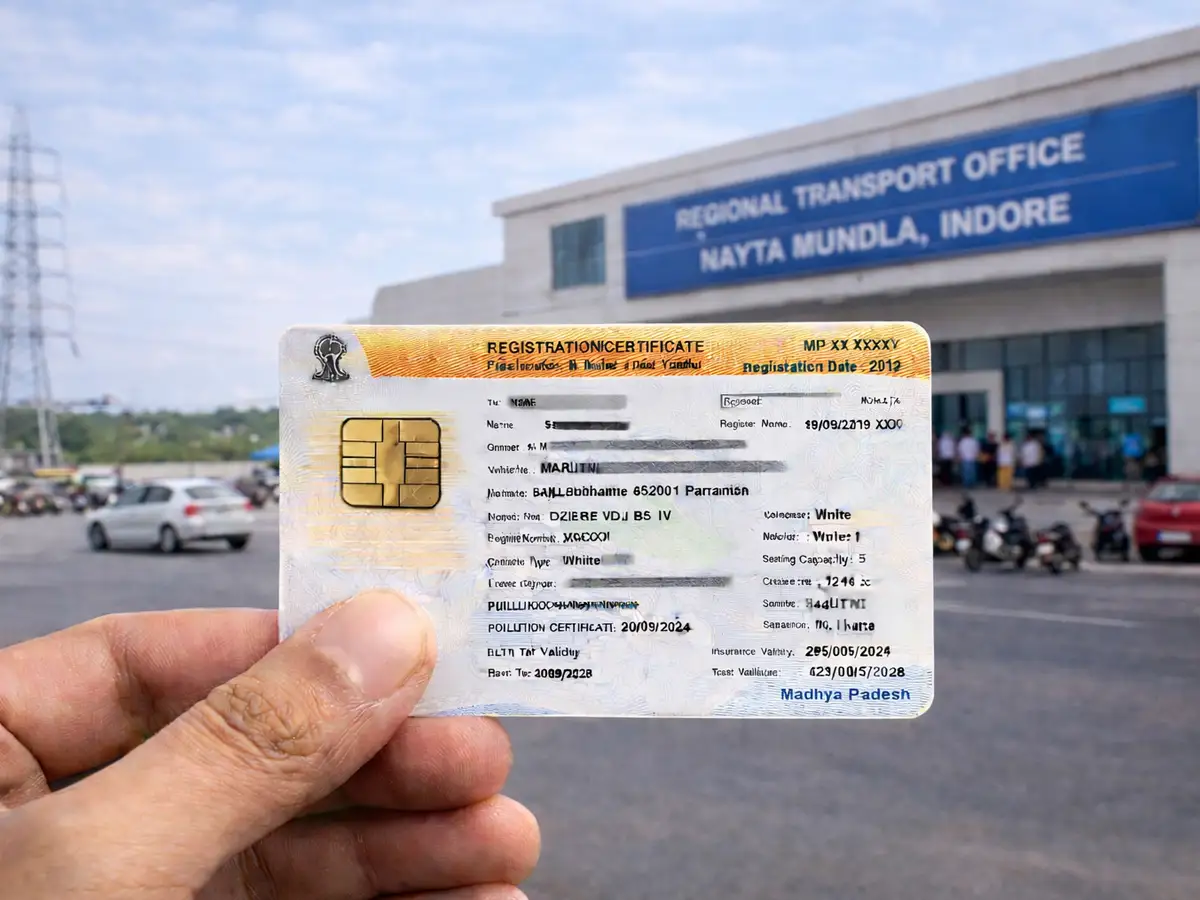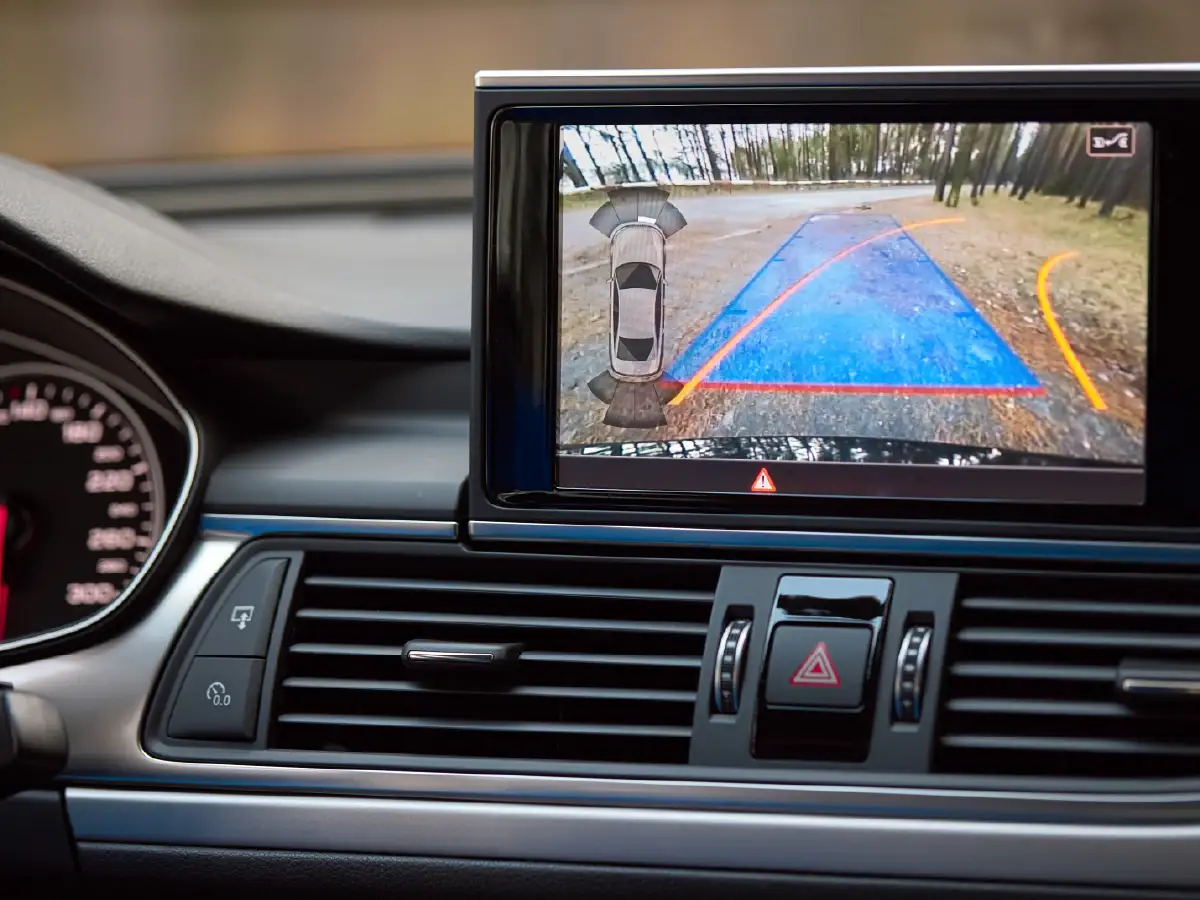

Car Parking Assistance Systems: Features, Benefits, and How They Work
- 1Car parking assistance systems make urban driving safer and stress-free
- 2Indian cars now offer multiple car parking tools even in budget models
- 3Understanding each car parking aid helps you pick the right one confidently
- What is a Car Parking Assistance System?
- Types of Car Parking Assistance Systems in India
- Why Indian Drivers Should Care About Car Parking Assistance
- How Car Parking Systems Reduce Accidents and Repair Costs
- Aftermarket vs. Factory-Fitted Parking Systems
- Smartphone Integration and App-Based Parking Assistance
- The Psychology of Parking Confidence
- Which Indian Cars Offer the Best Parking Systems today?
- Choosing the Right Car Parking Assistance System for Your Needs
- Is it Worth Paying Extra for Car Parking Tech?
- Conclusion
If you’ve ever tried squeezing your car into a tight spot in a busy Indian city, you already know how tricky car parking can be. With narrow lanes, chaotic traffic, and barely-there parking lines, even the most confident drivers sometimes break a sweat. That’s where the humble car parking assistance system steps in.
These systems help take the guesswork out of parking. Whether it’s sensors, cameras, or fully automated setups, they’ve gone from being fancy add-ons to practical tools for everyday use. In this article, we break down how these systems work, what types are available in India, and why you should consider them if car parking still gives you anxiety.
What is a Car Parking Assistance System?
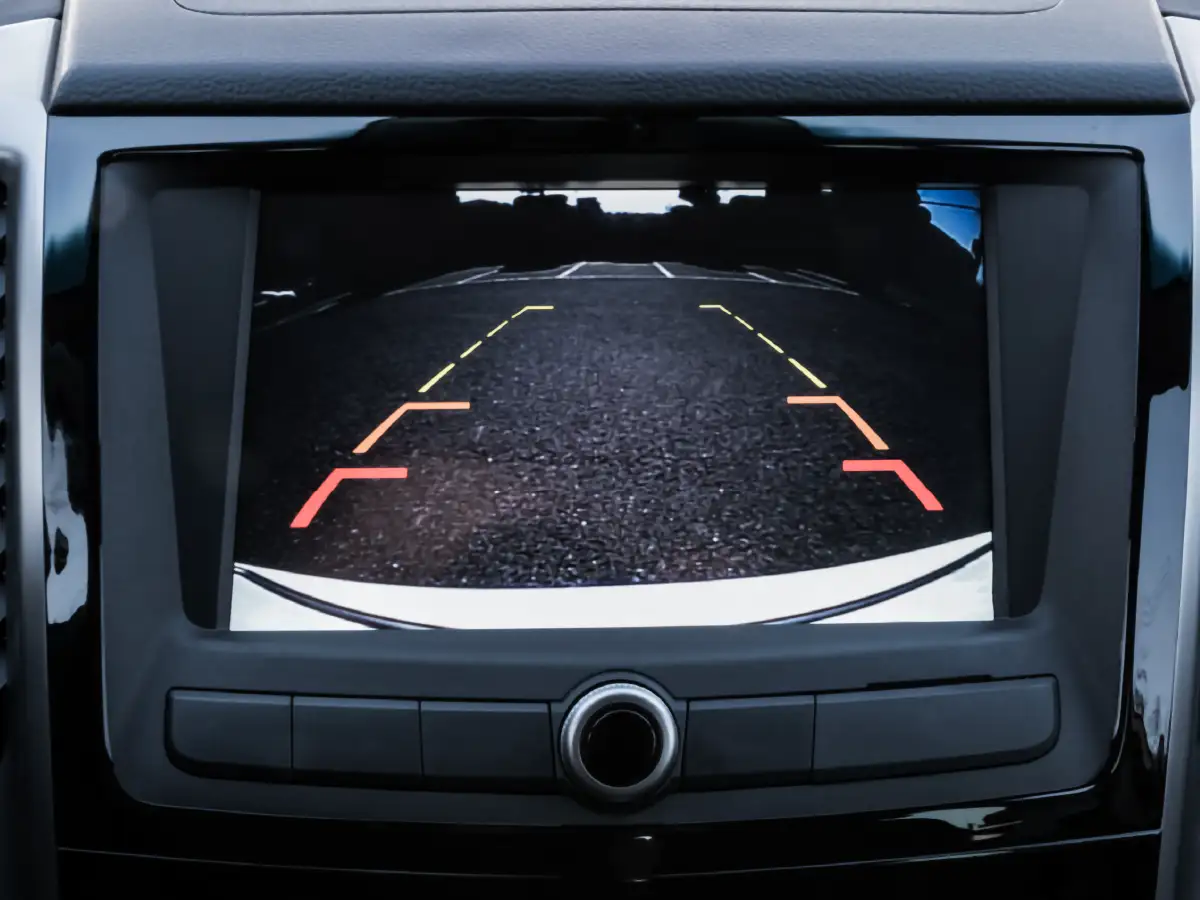
A car parking assistance system is a piece of technology setup that helps you park your car safely and accurately. It uses a combination of sensors, cameras, alarms, or software to detect nearby obstacles, guide your steering, and reduce the risk of accidents while parking.
In India, where parking spaces are often cramped or improperly marked, these systems are more of a necessity than a luxury. You’ll find them in everything from budget hatchbacks to high-end SUVs. What started off in premium vehicles is now commonly offered in Maruti, Hyundai, Tata, and even entry-level cars like the Kwid or Tiago.
Types of Car Parking Assistance Systems in India
Indian cars come with different types of car parking assistance systems, depending on the segment and price. These are the most common types:
- Rear Parking Sensors: These are the most basic type and are now mandatory in new Indian cars. They beep when you're close to an obstacle while reversing.
- Reverse Parking Cameras: These show the area behind the car on the infotainment screen. Some come with guiding lines that curve with the steering.
- 360-Degree Camera Systems: Offered as a slightly more premium option, this system stitches together images from multiple cameras to give a bird’s-eye view around the car.
- Park Assist Systems: These semi-automated systems help control steering as you reverse into a spot. You still control the accelerator and brake.
- Fully Autonomous Parking: Rare in India, but seen in high-end imports, this lets the car handle all aspects of parking.
Each level offers more convenience, but even the most basic systems improve car parking safety significantly.
Why Indian Drivers Should Care About Car Parking Assistance
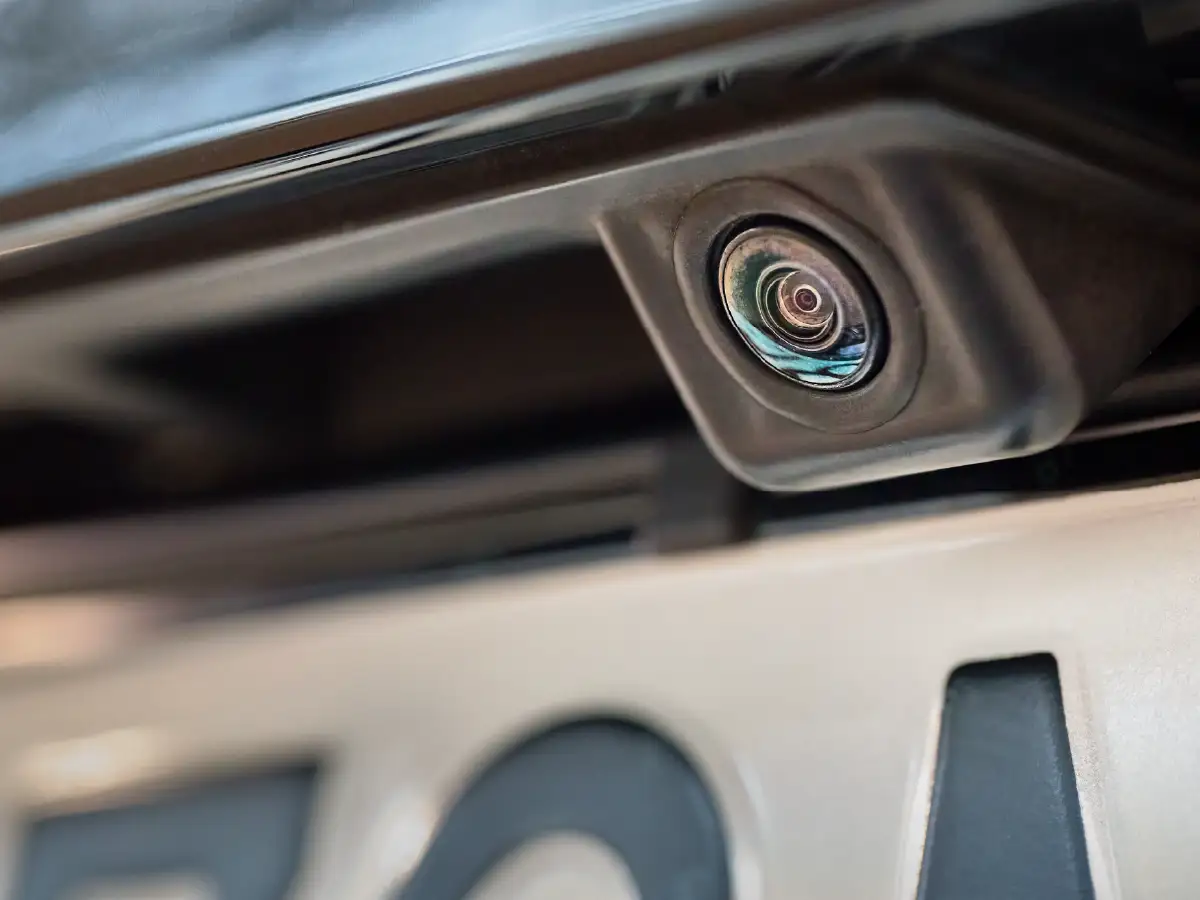
Let’s be honest: Indian cities aren’t exactly driver-friendly when it comes to car parking. You’re constantly dodging two-wheelers, hawkers, poles, or uneven footpaths. A car parking assistance system simplifies that entire experience.
Think of it this way: even a simple sensor setup reduces your chances of scraping a bumper or knocking over a signpost. beginner car or senior citizens, it can make a huge difference in confidence. Plus, some insurance providers are starting to give better rates to cars with verified safety systems like these.
How Car Parking Systems Reduce Accidents and Repair Costs
Parking-related dents and scratches are some of the most common reasons people claim car insurance in India. And it's not always your fault. The lack of proper lighting, unexpected obstacles, or even pedestrians crossing behind your car can lead to costly mistakes.
Car parking assistance systems act as an early warning system. Rear sensors alert you the moment you get too close to an obstacle, while a reverse camera shows you what your mirrors can’t. Some advanced systems can even stop your car before impact. All this helps prevent damage that would otherwise cost thousands in repair bills.
Aftermarket vs. Factory-Fitted Parking Systems
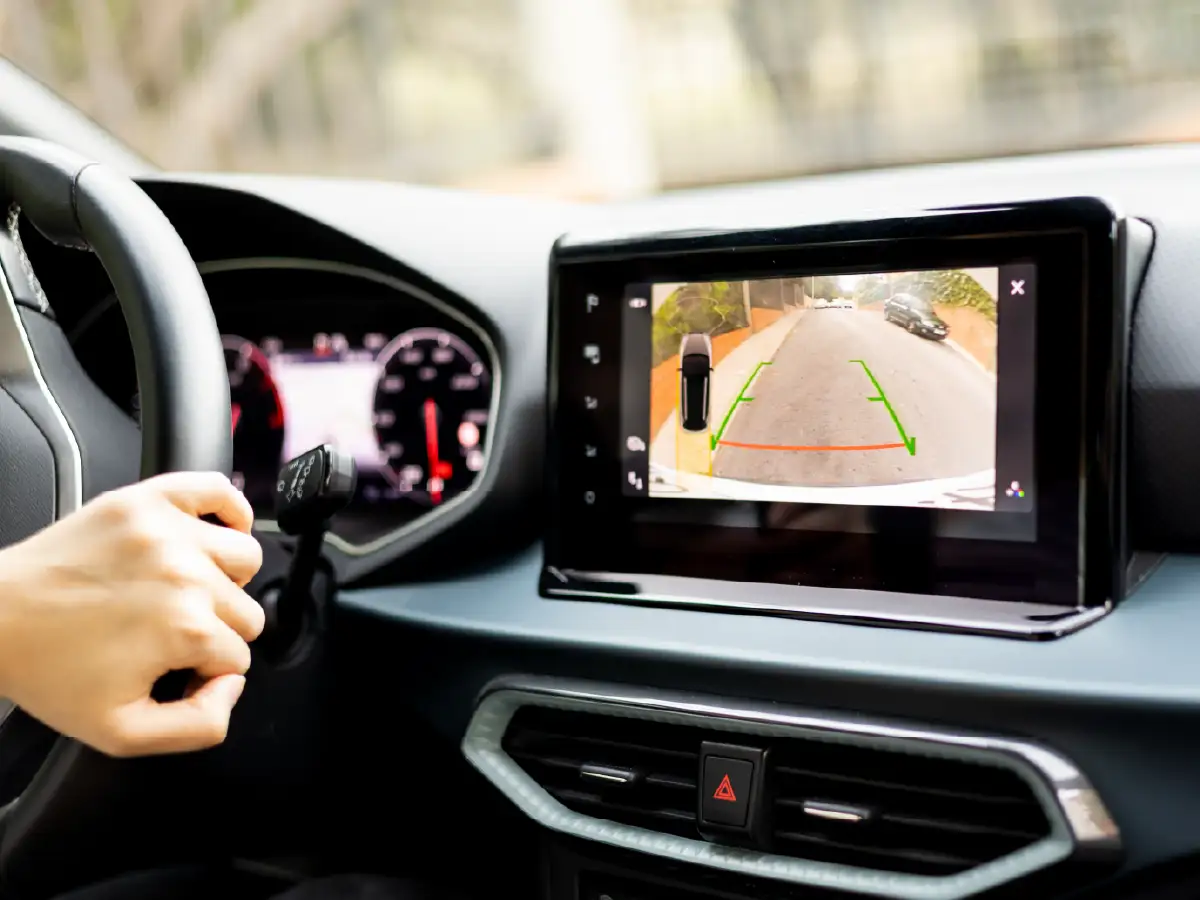
When buying a new car, you can either get a car parking assistance system from the manufacturer or fit one later through an aftermarket brand. Each has its pros and cons.
- Factory-fitted systems are better integrated, often more reliable, and come with warranty support. However, they’re more expensive and often bundled with higher variants.
- Aftermarket systems offer flexibility and cost less. You can get decent reverse cameras and sensor kits for under ₹5,000. But the quality varies, and improper installation may void your warranty.
If you already own a car and want to upgrade safety, going the aftermarket route makes sense. But for new buyers, factory systems are usually worth the extra cost.
Smartphone Integration and App-Based Parking Assistance
Modern cars often combine their car parking assistance systems with smartphone apps. Some let you view your camera feed through your phone, while others offer real-time guidance and alerts.
For instance, connected car tech like Hyundai’s Bluelink or MG’s iSmart can send parking alerts to your phone. Some even offer voice guidance and virtual assistants that help you manoeuvre your car better. While these are still limited to premium models in India, expect to see more affordable cars adopt this tech soon.
The Psychology of Parking Confidence

Believe it or not, a car parking assistance system can change how you feel behind the wheel. Many drivers hesitate to reverse into tight spots, especially in crowded areas. These systems reduce that stress.
Just knowing your car can warn you or help guide you through tricky parking scenarios boosts your confidence. That alone makes a difference in how often you drive to places that require parallel parking or basement parking lots.
Which Indian Cars Offer the Best Parking Systems today?
In 2025, many Indian carmakers are going all-in on car parking assistance systems. Here’s a quick snapshot of where you’ll find great factory setups:
- Maruti Suzuki Baleno: Comes with a reverse camera and parking sensors from mid-variants onward.
- Hyundai Venue: Offers a reverse camera with dynamic guidelines and rear sensors.
- Tata Nexon: Top variants include rear camera with advanced alerts.
- Honda Elevate: Premium trims offer 360-degree cameras.
- Toyota Urban Cruiser Hyryder & Grand Vitara: Come with front and rear sensors plus camera-based guidance, and even 360-degree camera assistance.
- Kia Seltos and Sonet: Feature 360-degree camera setups and parking assist in top trims.
The spread is wide enough now that even ₹8-10 lakh cars can come with impressive parking aids.
Choosing the Right Car Parking Assistance System for Your Needs
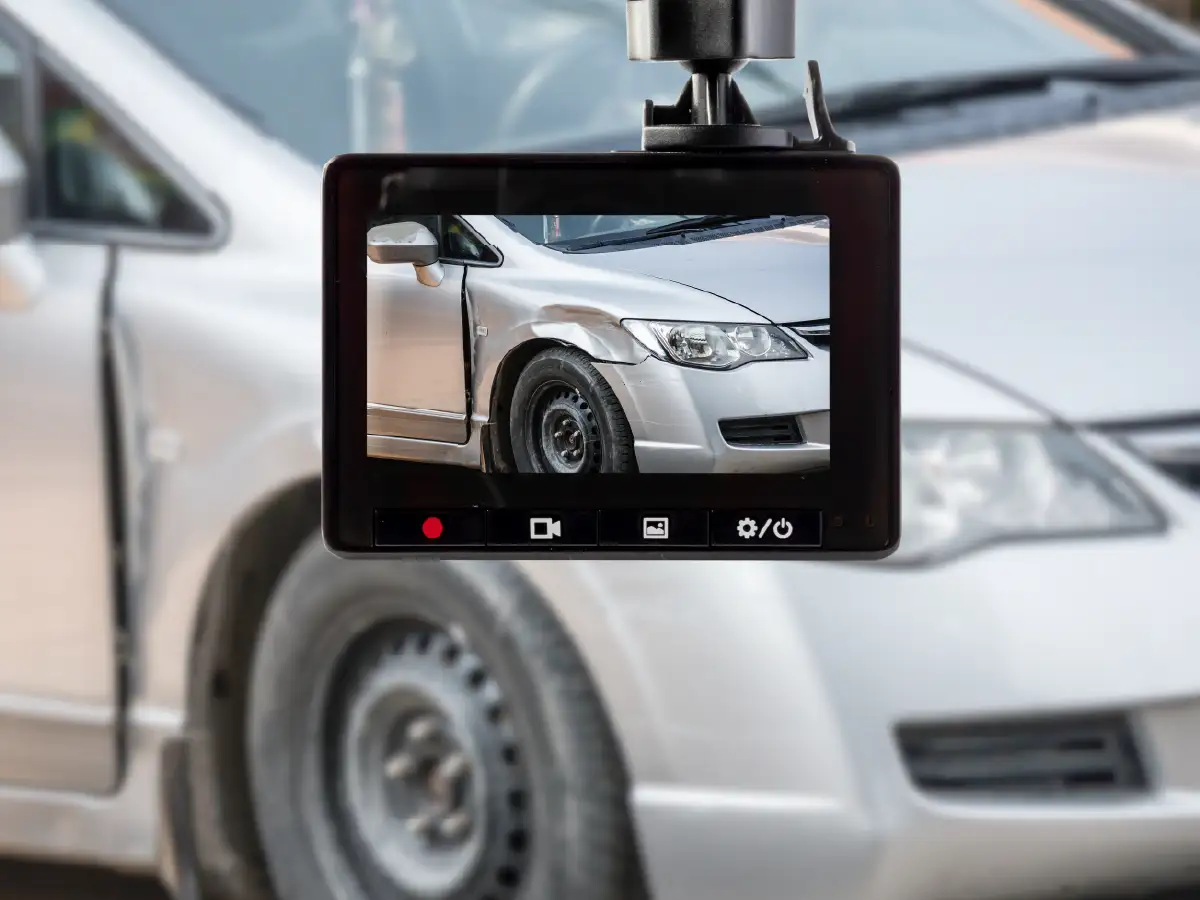
Not every car needs a 360-degree camera or park assist. Here’s how to decide what suits your driving:
- If you mostly drive in cities: Rear sensors and a basic camera setup will be enough.
- If you’re a new or senior driver: Go for dynamic guidelines or park assist for added peace of mind.
- If you park in tight basement spots or parallel park often: A 360-degree system might be worth it.
Always test these systems during a demo or test drive. Get a feel for how quickly they respond and how easy they are to understand.
Is it Worth Paying Extra for Car Parking Tech?
The short answer is yes. Especially when you compare the cost of the system to the potential cost of repairs, insurance claims, or stress. Most car parking assistance systems cost anywhere between ₹3,000 and ₹25,000, depending on the type and whether it’s OEM or aftermarket.
For city dwellers in India, this is one of the best-value safety upgrades you can invest in. And as features like autonomous parking slowly become mainstream, your early investment in this tech will only make future upgrades easier.
Conclusion
In a country like India, where car parking often feels like a high-stakes puzzle, a car parking assistance system is more of an essential piece of tech. These systems make life easier, safer, and more efficient, whether you're squeezing into a mall basement or parallel parking in front of your home.
With newer models offering everything from basic sensors to full-blown 360-degree setups, it’s never been easier to find the right fit for your budget and driving style. So the next time you’re shopping for a car, or even just an accessory, don’t underestimate the value a smart parking system brings to your daily drive.
Frequently Asked Questions
Expand all

